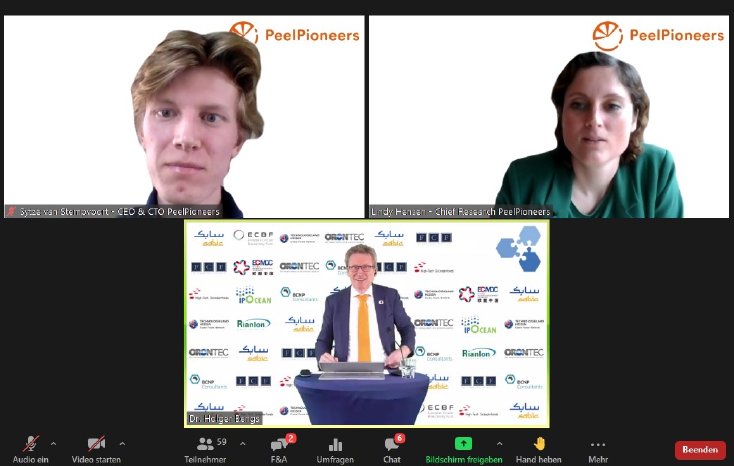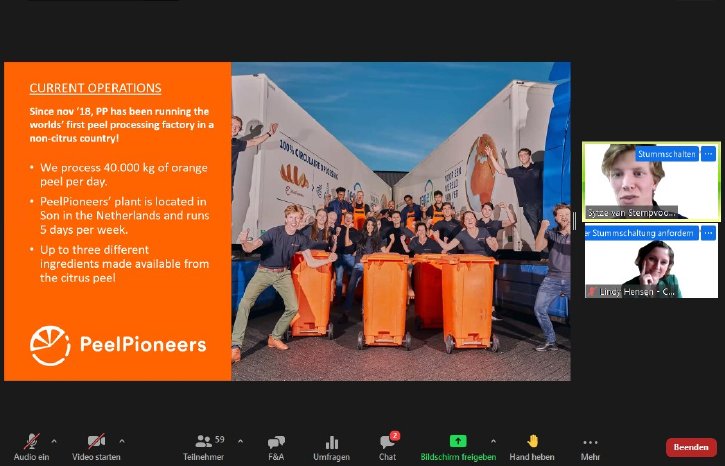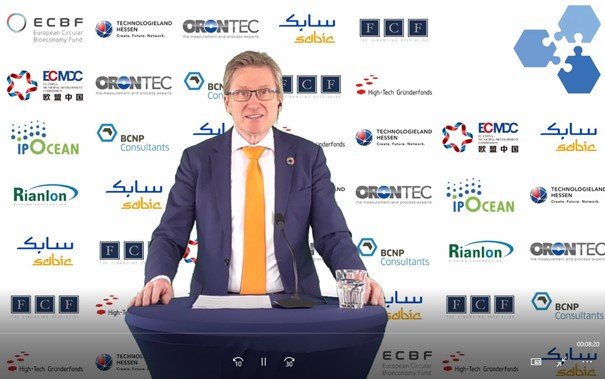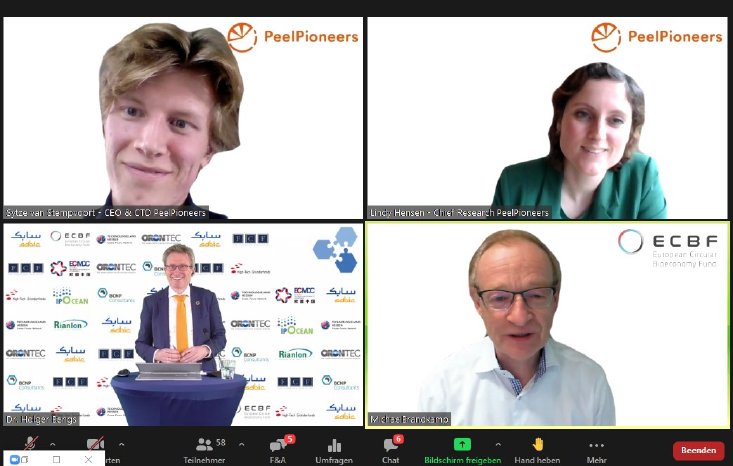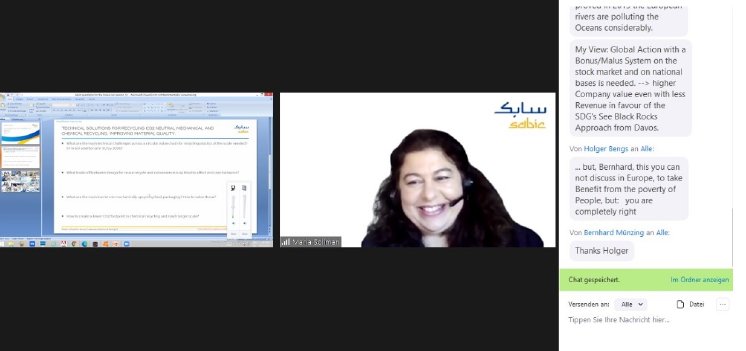- More than 350 participants from 30 countries met for the digital 5th ECP (European Chemistry Partnering)
- In more than 1,200 online partnering conversations as well as numerous flash sessions, the traditional spirit of the largest speed dating event of the European chemical industry came alive again.
As in previous years, the 5th ECP was all about business networking and partnering. In more than 1,200 pre-arranged online meetings, SMEs met with large companies, investors, and service providers. And once again this year, numerous representatives of start-ups were present, making the discussions even more interesting. In several flash sessions, many participants introduced themselves in one-minute pitches, thus initiating the informal networking. The online trade fair accompanying the 5th ECP had already opened on February 20. During the seven days of the exhibition, more than 400 visitors took advantage of the free opportunity to visit the virtual information booths of numerous companies.
The focus of the discussions was on global cooperation and the 17 United Nations Sustainable Development Goals (SDGs): In addition to the development of the Circular Economy, the high-profile opening panel focused on new approaches in the area of finance for young, innovative and fast-growing chemical companies. In further lectures and several workshops, urgent questions concerning plastics were discussed and innovative solutions, like in the field of plastics recycling, were presented.
The 5th ECP was used by the newly founded Global Entrepreneurship Centre North Rhine-Westphalia to present itself to a wider public for the first time. With the GEC, a center for international start-ups in the chemical and bioeconomy sectors is being established in NRW. It aims to offer scale-up services to founders to reach the higher Technology Readiness Levels (6 to 9) and thus enter production.
Also at 5th ECP, the newly established European Circular Bioeconomy Fund (ECBF) presented its first investment to the public: Dutch start-up PeelPioneers processes orange peels into a variety of high-value products for the food industry. In their keynote speech, the two young company founders described the rapid rise from an idea to a plant capable of processing 30,000 tons of organ peels per year.
For the third time, the CHEManager Innovation Pitch presented their award winners at this year's ECP. The winner in the "Value to Society" category was Affix Labs. The Finnish start-up develops innovative insect-repellent and disease-preventing surface treatments. In the "Value to Industry" category, the German start-up Senorics came out on top. The spin-off from the Institute for Applied Photophysics (IAPP) at the University of Excellence TU Dresden develops innovative, miniaturized near-infrared spectroscopy sensors. Caphenia won in the "Value to Sustainability" category. Based on years of preliminary work by CCP Technology and Lufthansa with various partners such as MAN Diesel & Turbo, MinesParisTech, ETH Zurich and TU Munich, the company produces CO2-neutral synthetic fuels based on recycled carbon dioxide and biogenic gas.
A special focus of the 5th ECP was on economic relations with the People's Republic of China and the China International Chamber of Commerce for the Private Sector (CICCPS), which represents more than 5 million companies. Keynote, panel discussions and breakout sessions were broadcast live to China via the CICCPS.
ECP initiator Dr. Holger Bengs said at the conclusion of this year's event, "We need innovation now, and we need more of it and faster. The pandemic teaches us that we need to leave old paths, rethink products and processes. I would like to tell the digital skeptics: Cooperation, business and innovation can also be achieved digitally. The ECP is also a joy to do, a community that recognizes and lives its responsibility for itself, its companies and society. With the ECP, we make the difference, in the future also in close cooperation with the Global Entrepreneurship Centre."
